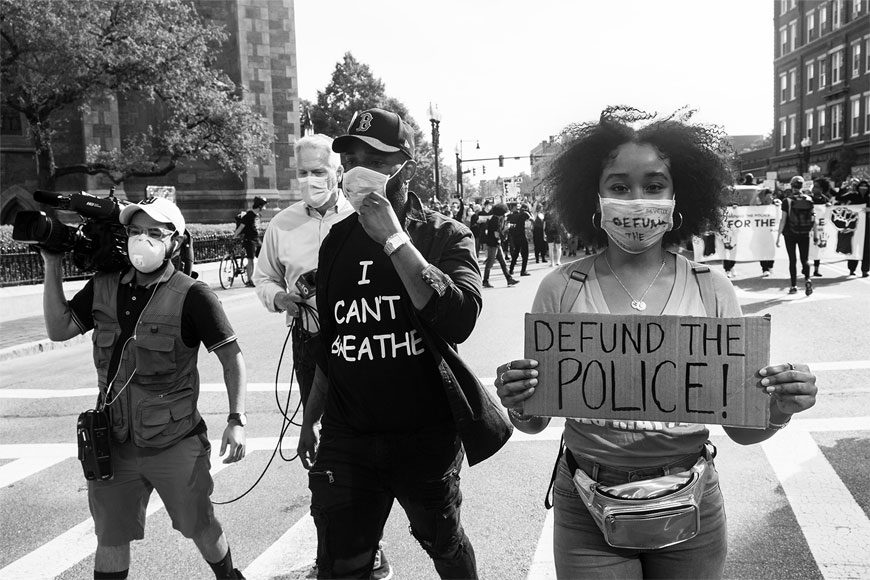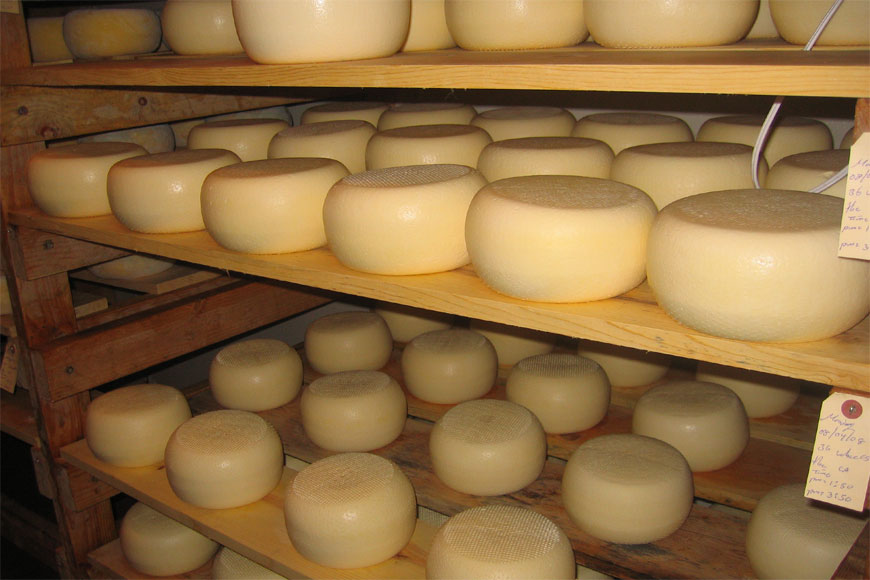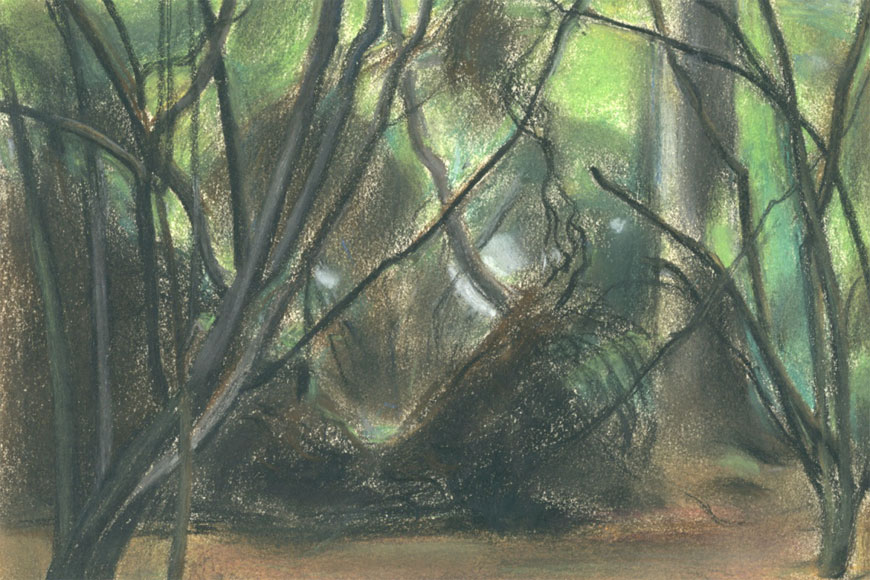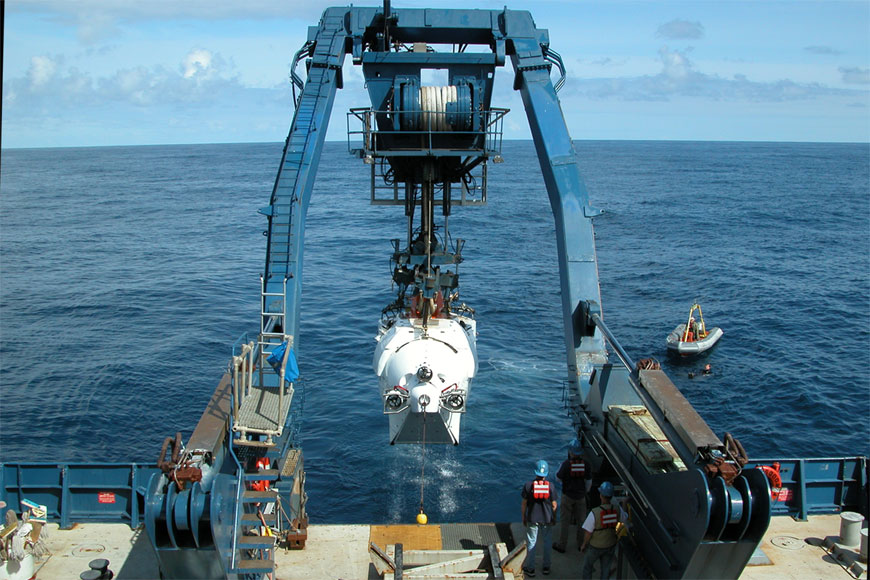
Topically Relevant.
Since 2020, MIT Anthropologists have trained attention on the global COVID-19 pandemic, the continuing fight for racial justice in the U.S. and elsewhere, and the social dimensions of climate change. Amy Moran-Thomas writes from first-hand experience of the disorienting early days of the COVID-19 pandemic, and she works to uncover the white supremacy built into the history and use of everyday medical devices used to track the bodily effects of COVID-19. Stefan Helmreich writes with a medical historian about herd immunity and how the metaphor of epidemic "waves" both reveals and obscures social inequality. HASTS Student Crystal Lee and Graham Jones use a mixed-methods approach to analyze the spread of Covid misinformation on social media. Chris Walley and colleagues launch the Southeast Chicago Archive & Storytelling Project. Manduhai Buyandelger shares her experience teaching during the early days of the pandemic shutdown, giving her students tools to combat anti-Asian racism. Heather Paxson speaks on home cooking during the lockdown and co-edits series for Cultural Anthropology on COVID-19 and American Fascism. Susan Silbey co-authors an editorial on rethinking work in a time of economic crisis. Bettina Stoetzer reflects on the movement of wildlife into cities in the COVID age. Manduhai Buyandelger and Graham Jones analyze the political and symbolic meanings of masks during the pandemic. And the Anthropology Program invited Indigenous and urban climate justice activists to MIT to share their own stories, launching the Living Climate Futures initiative. (Photo Credit: Jourdan Christopher)

Empirically Rich.
Scholars in our program are committed to ethnographic research as the basis of anthropological knowledge. They explore cultural perspectives and social processes by living and working among the people they study, often for extended periods of time. For example, Héctor Beltrán used his computer programming skills to get inside the world of Mexican and U.S. Latinx hacking. Becoming an apprentice magician in the French magic world allowed Graham Jones to document tacit rules that regulate the circulation of magicians' secrets as a form of intellectual property. Heather Paxson worked on farms and in creameries making cheese to explore the shifting significance of nature, food, and work in the contemporary United States. The close relationships anthropologists forge with the communities they study transcend individual research projects: Jean Jackson's work on struggles for self-determination among Colombia's indigenous peoples has spanned more than three decades, establishing her as an authority on the politics of multiculturalism in Latin America more broadly. Christine Walley trains an anthropological lens on her own family and home community in Southeast Chicago to bring into focus the transgenerational effects of American deindustrialization on urban lives and livelihoods.

Globally Minded.
Anthropology is an inherently comparative field, developing general theories of human experience through cross-cultural analysis. MIT anthropologists' areas of ethnographic expertise span the globe, from Manduhai Buyandelger's examination of transformations in Mongolian political culture and social life following the end of socialism to Amy Moran-Thomas’s exploration of the social life of medical objects — glucometers, insulin, oxygen therapy, dialysis devices, and prosthetic limbs — tracing how technology design and access impact families and caregivers working to live with diabetes in the Central American Caribbean country of Belize. At the same time, anthropologists in our program conduct research that illuminates how global dynamics are reshaping an increasingly interconnected world. For instance, by studying how immigrant and refugee communities make use of Berlin’s open lots, urban forests and parks, Bettina Stoetzer tracks the changing cultural politics of nature and citizenship in urban Europe.

Broadly Innovative.
Our faculty are at the forefront of shaping future directions of anthropological inquiry. In an effort to encompass the full range of human experience, we have pioneered methods for studying science and engineering as cultural practices. Traveling to the bottom of the sea as well as investigating the science of ocean waves, Stefan Helmreich examines how deep-sea marine biologists reimagine the nature of life itself, and how physical oceanographers track today’s changing ocean climate in the field, in the lab, and in computer modeling. Approaching the laboratory as a complex and technologically organized workplace, governed by both trust and surveillance, Susan Silbey considers how environmental health and safety management systems reconstruct the everyday routines and rituals of scientific practice. Carrying out fieldwork at the Genome Institute of Singapore and the Human Genome Organization (HUGO), Michael Fischer studies the social and ethical issues associated with genomics and with capacity building generally in the Asia-Pacific region. While research on scientists is a relatively new field of anthropological inquiry, these studies demonstrate the fundamental continuity of science with other cultural activities.